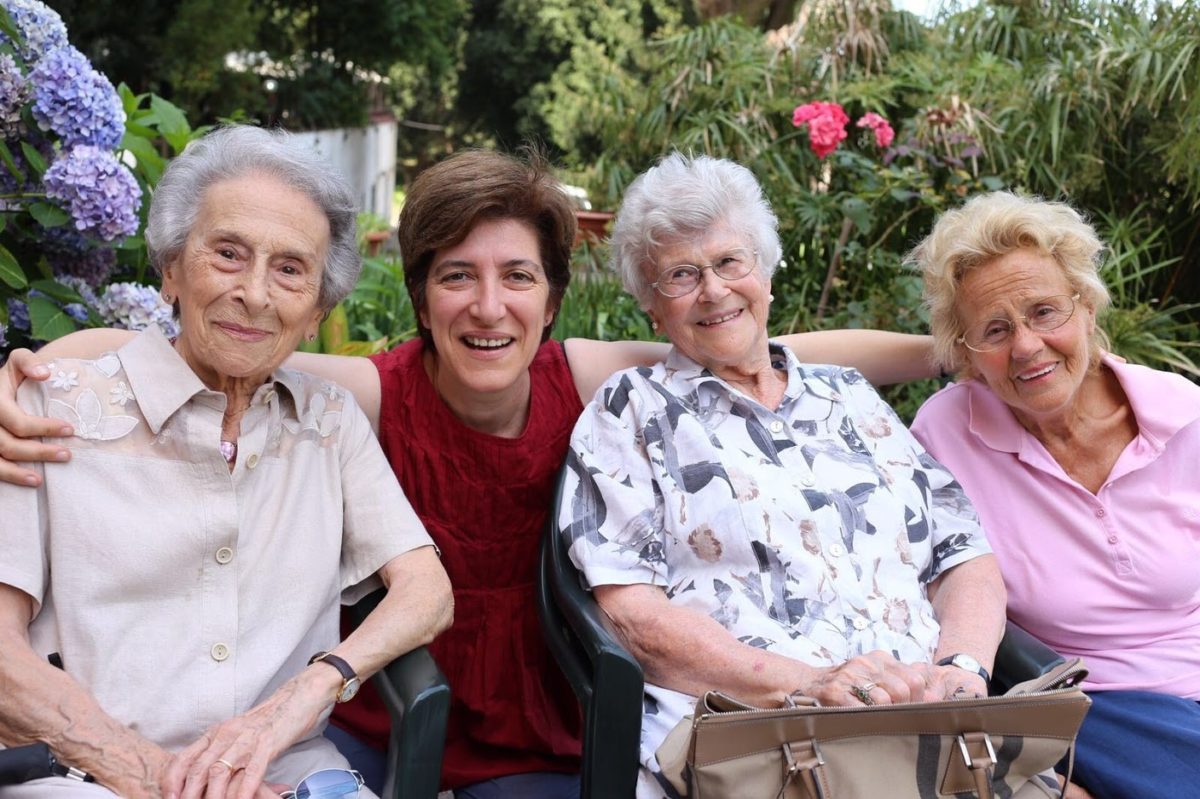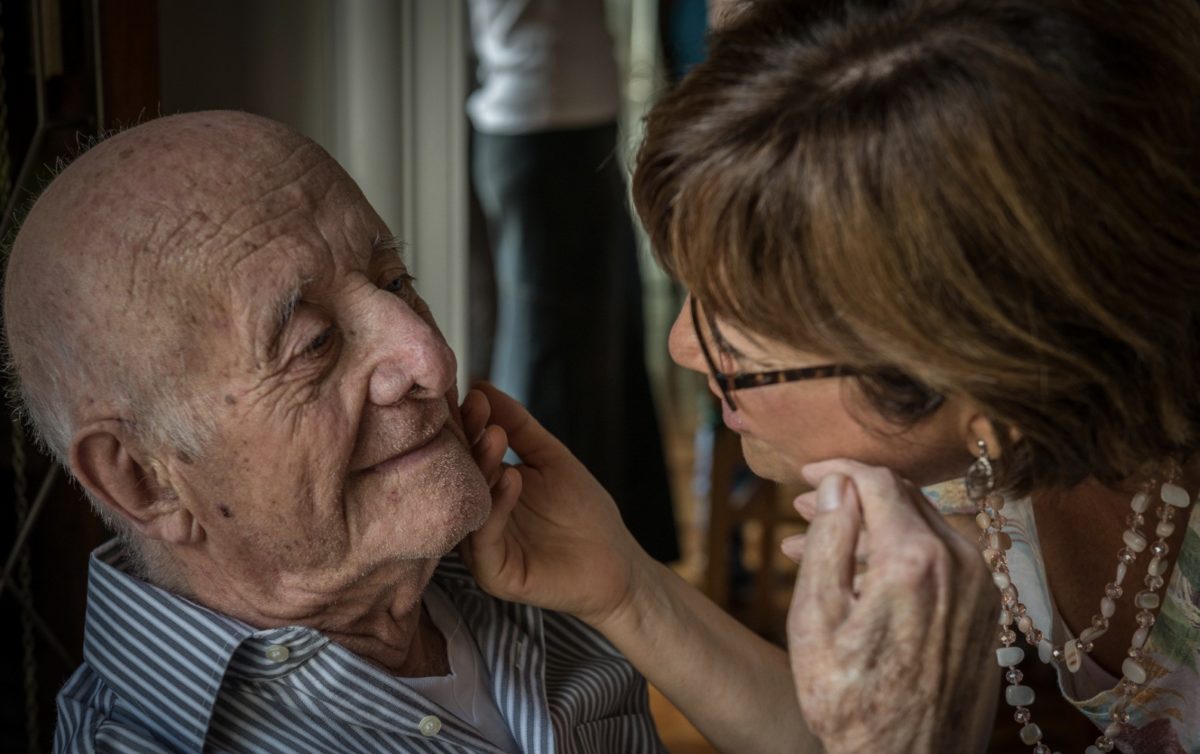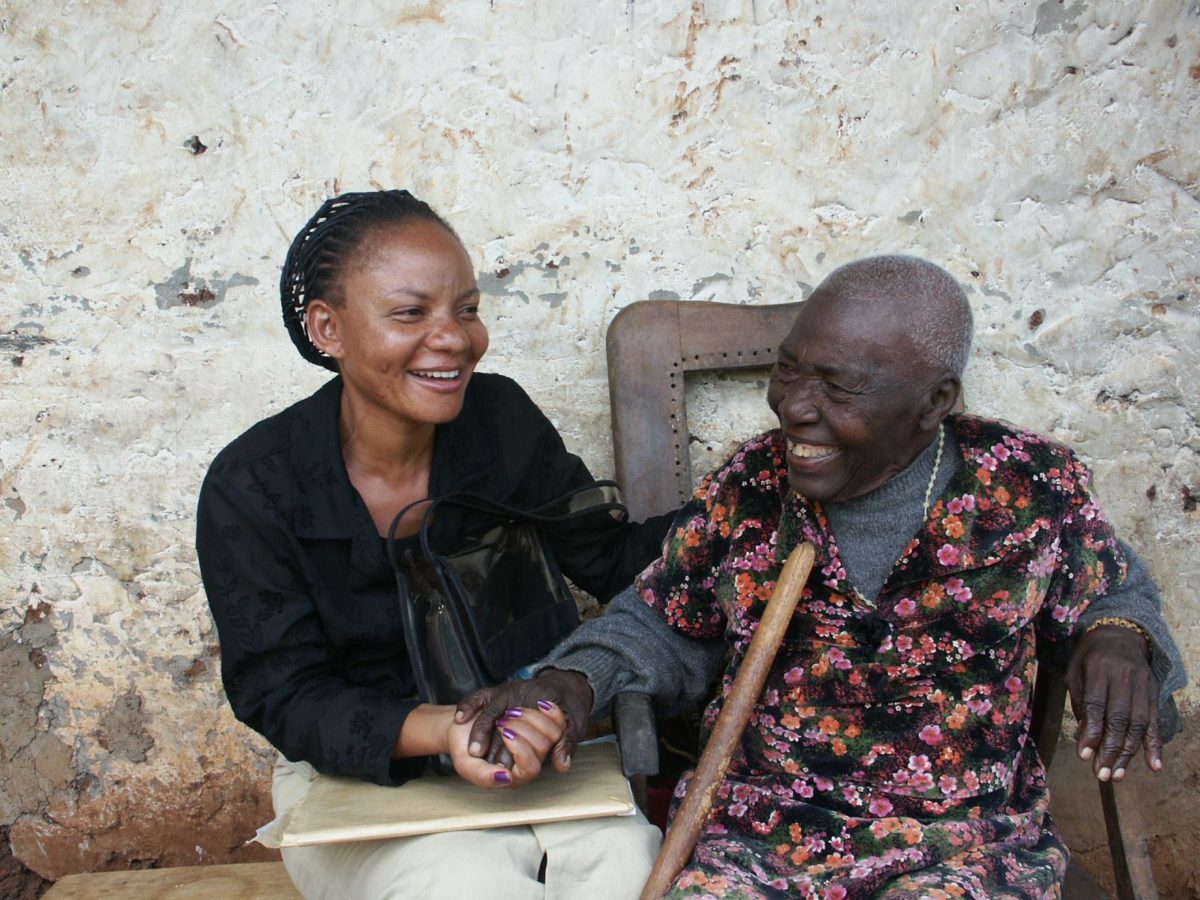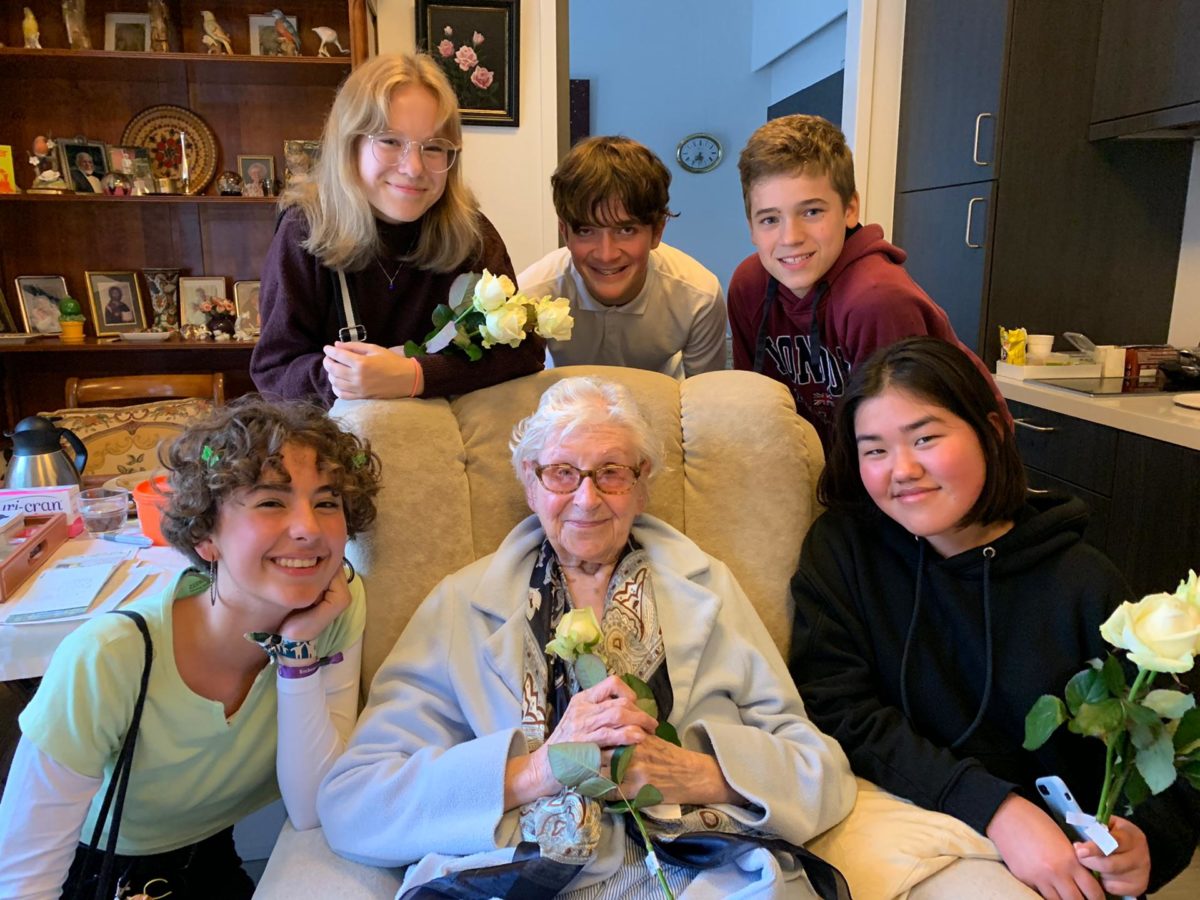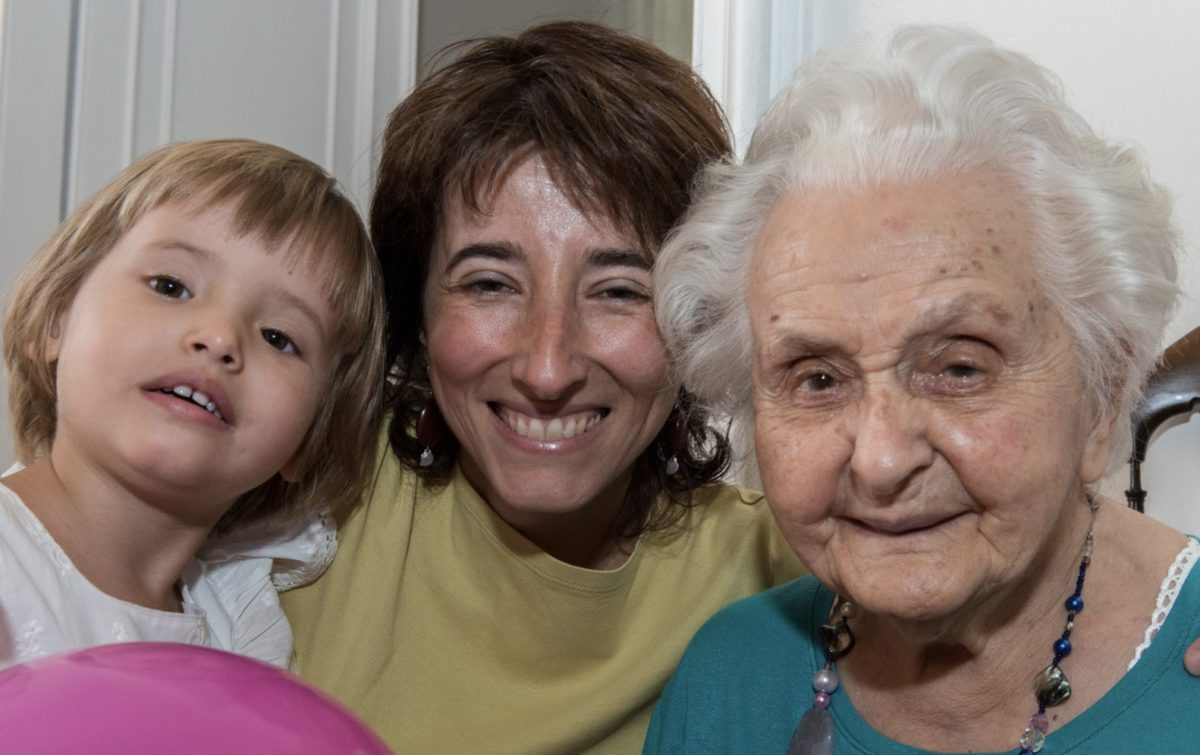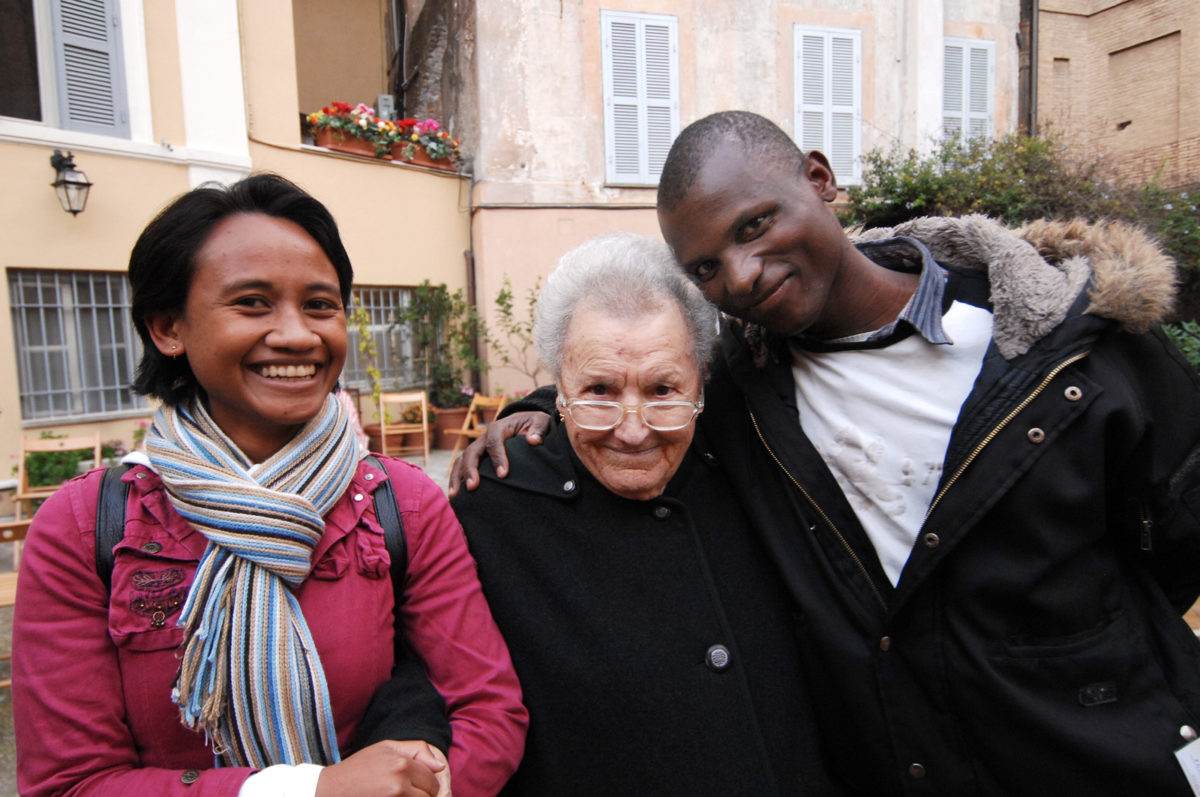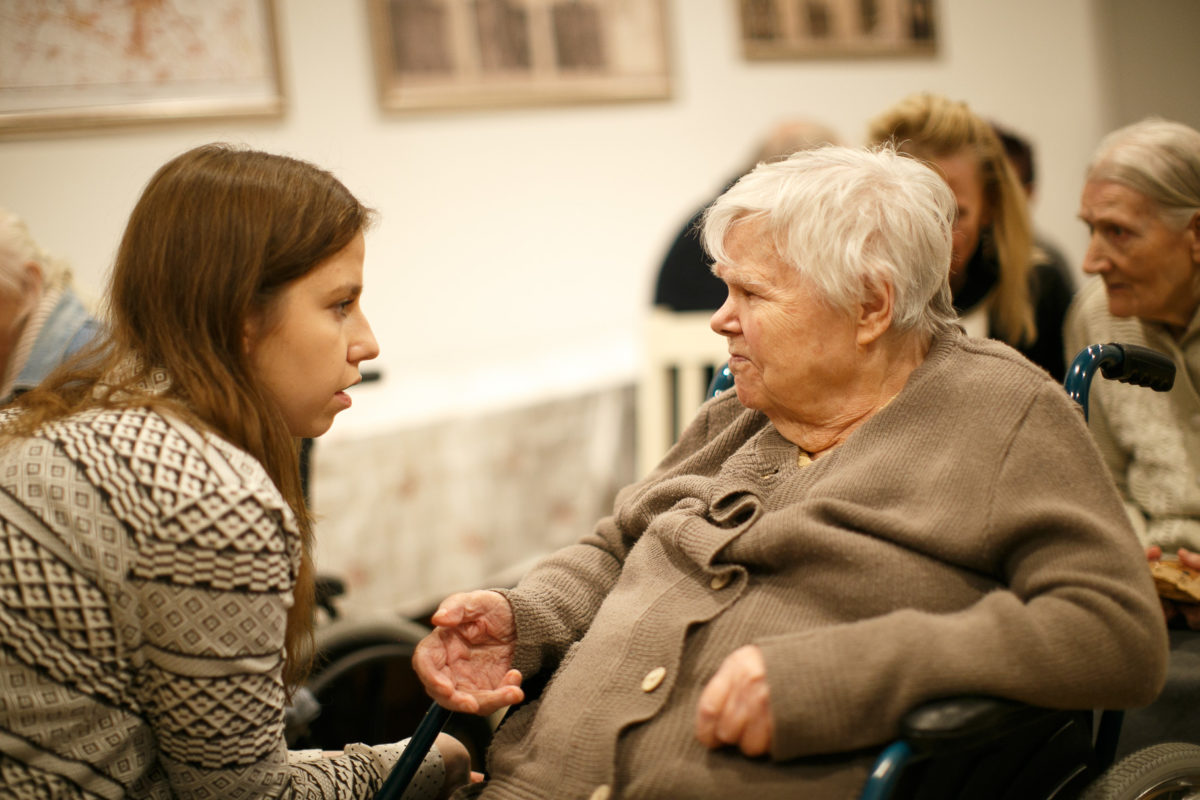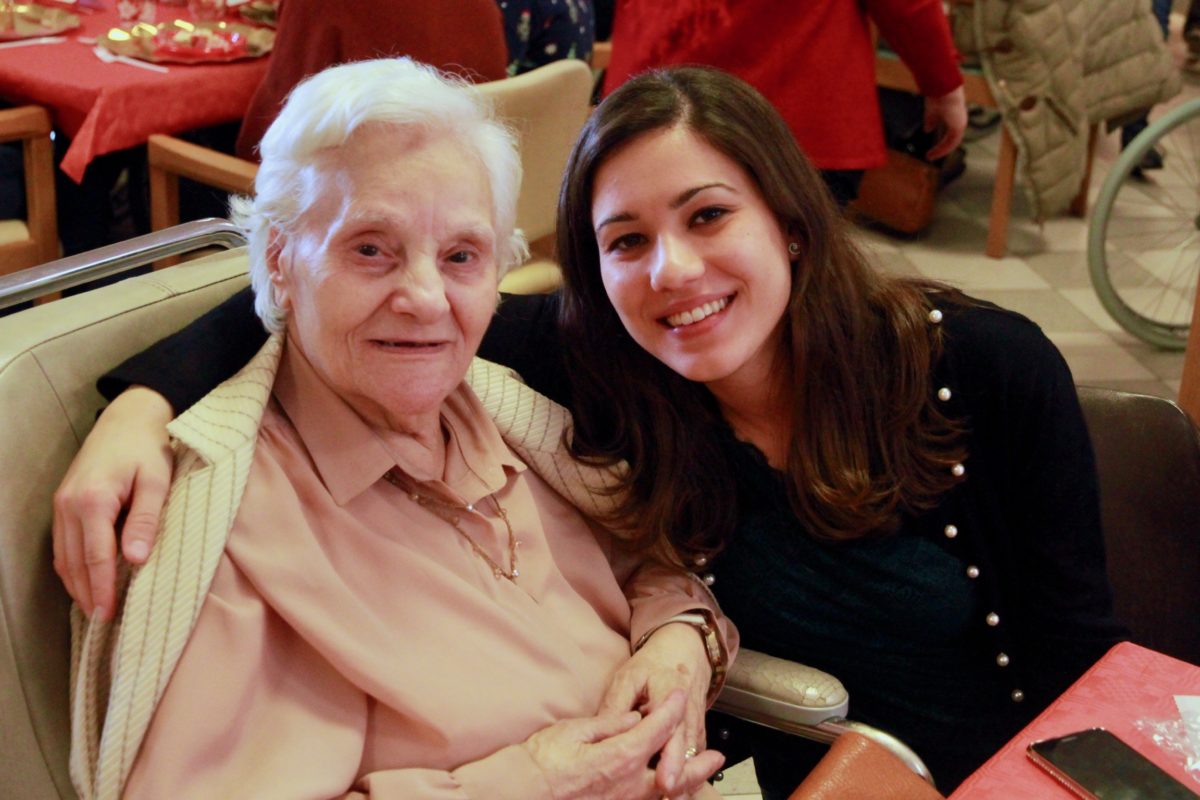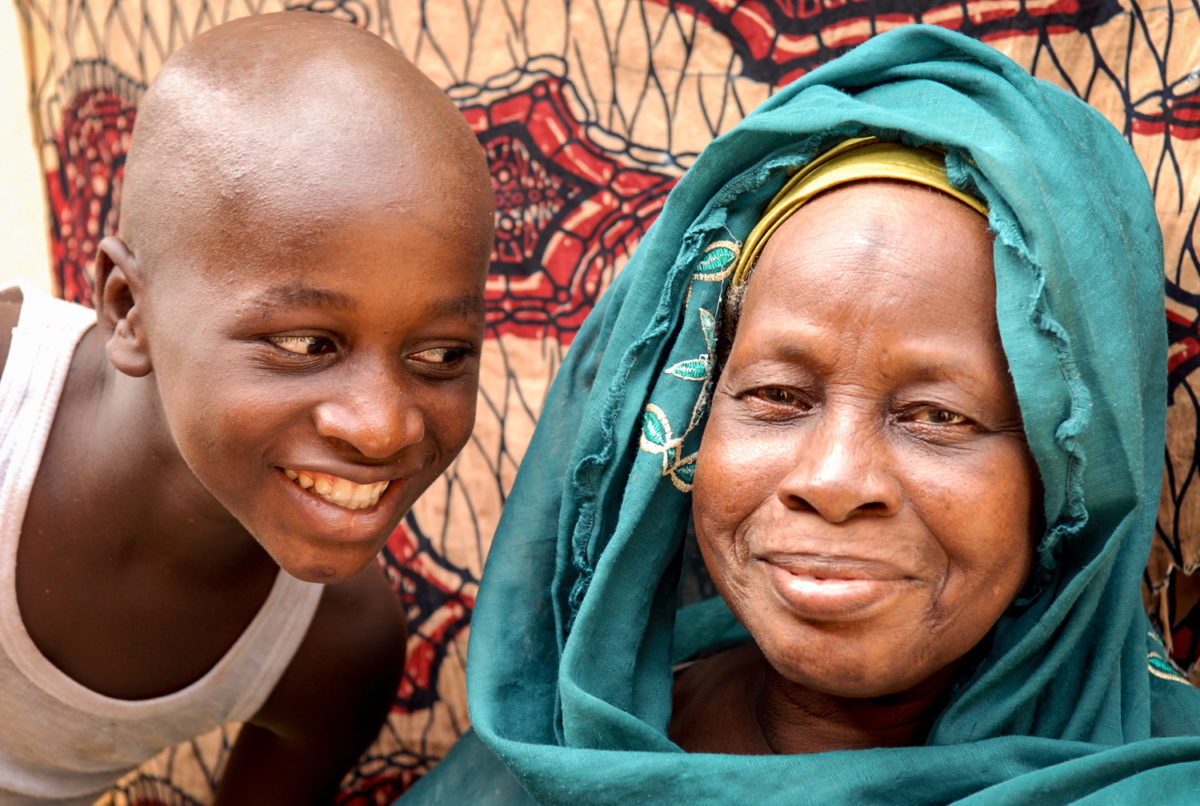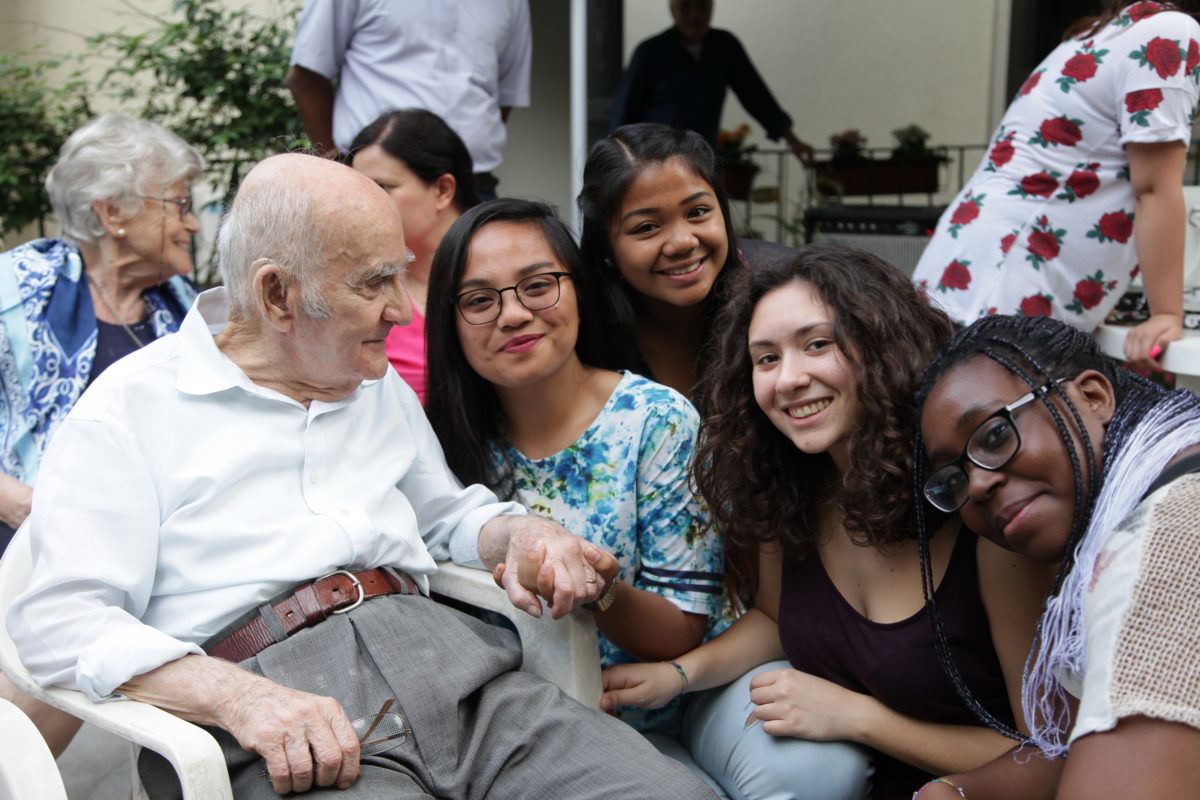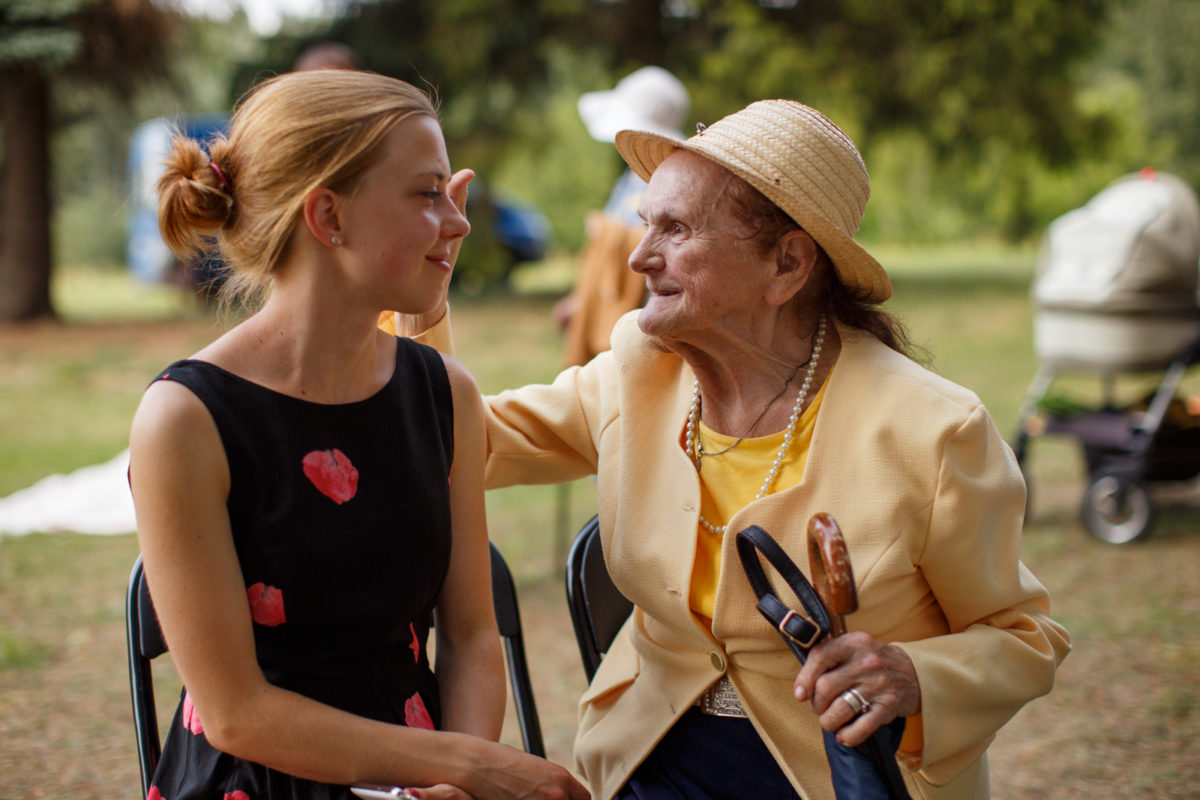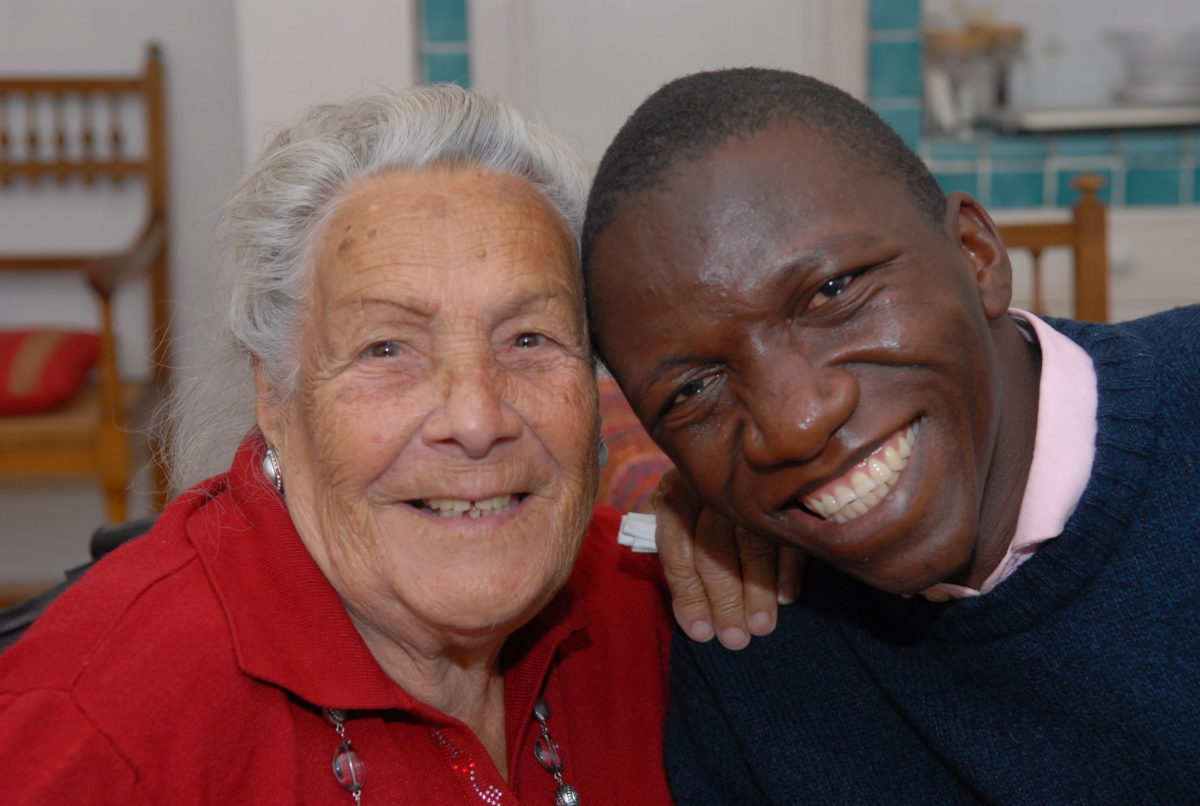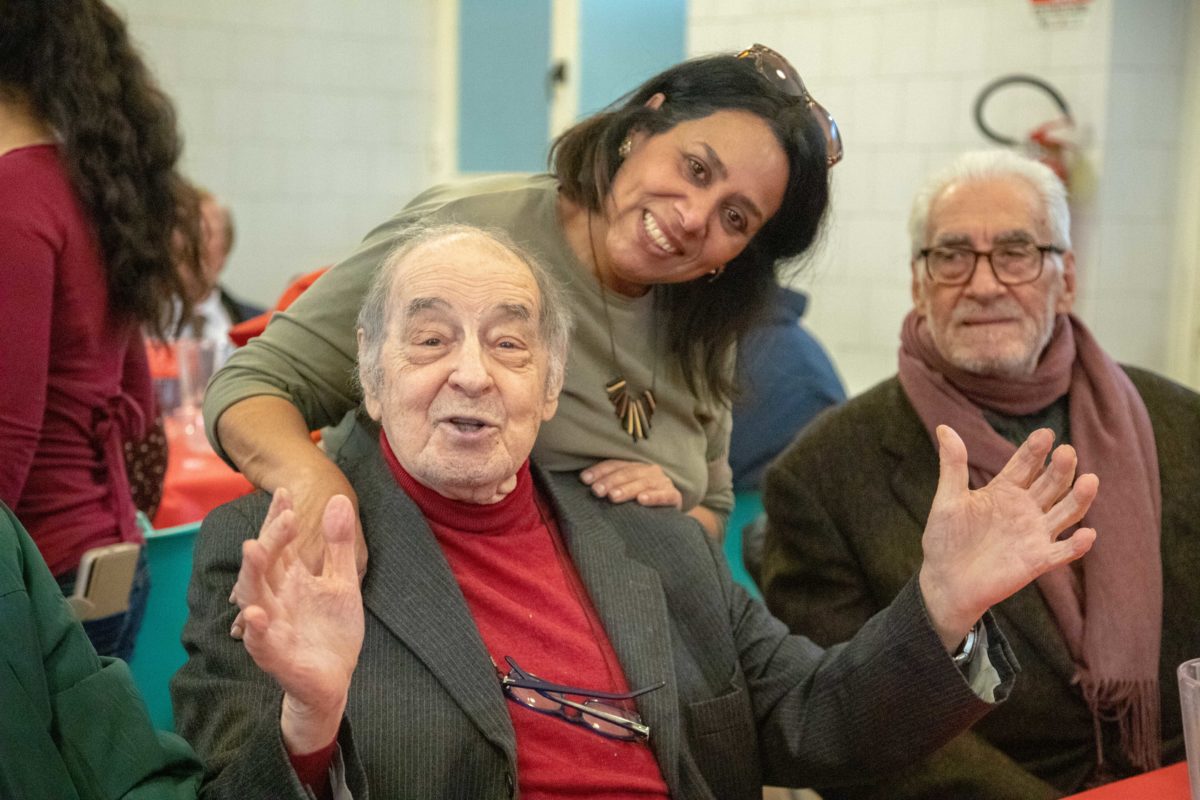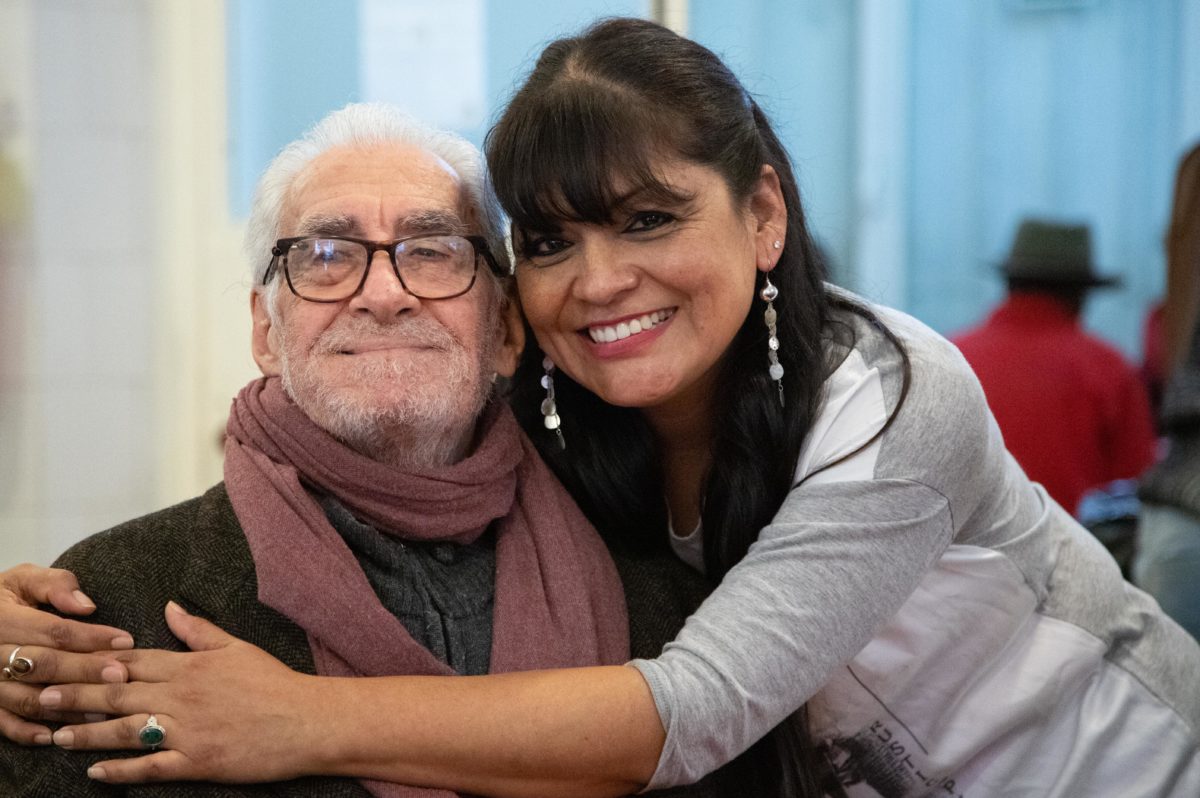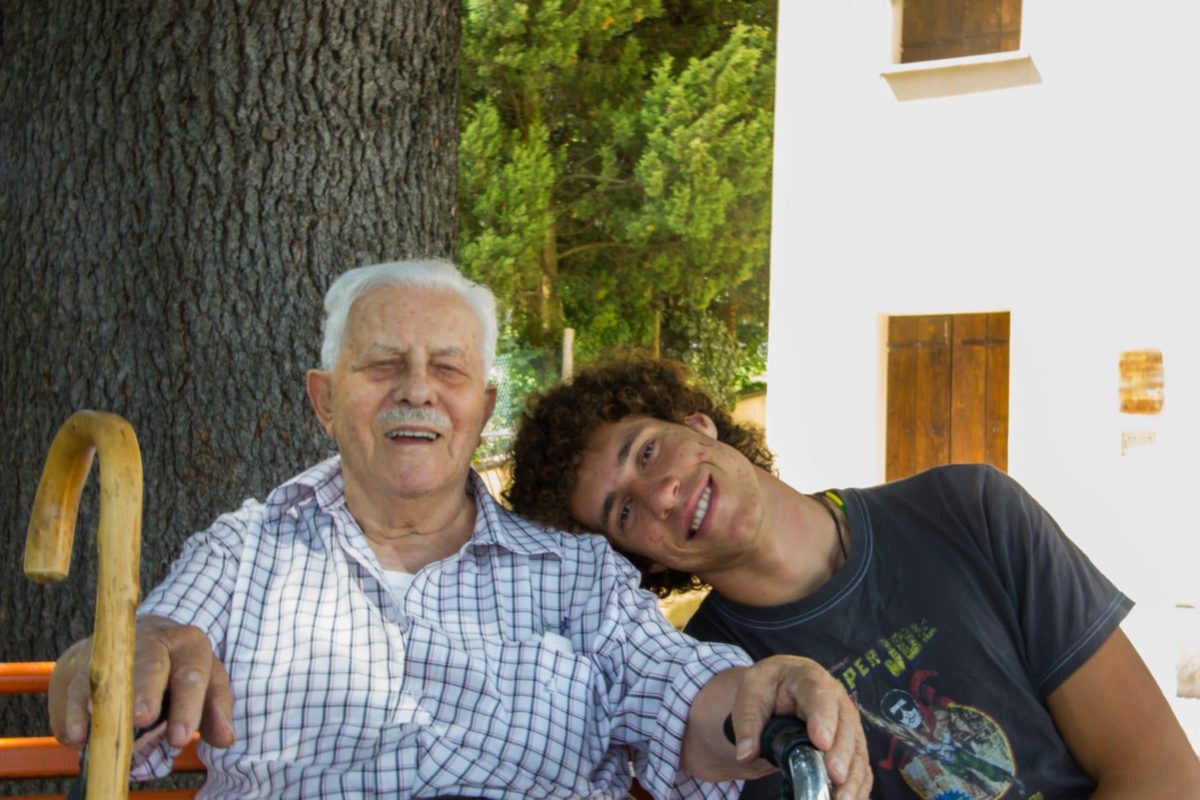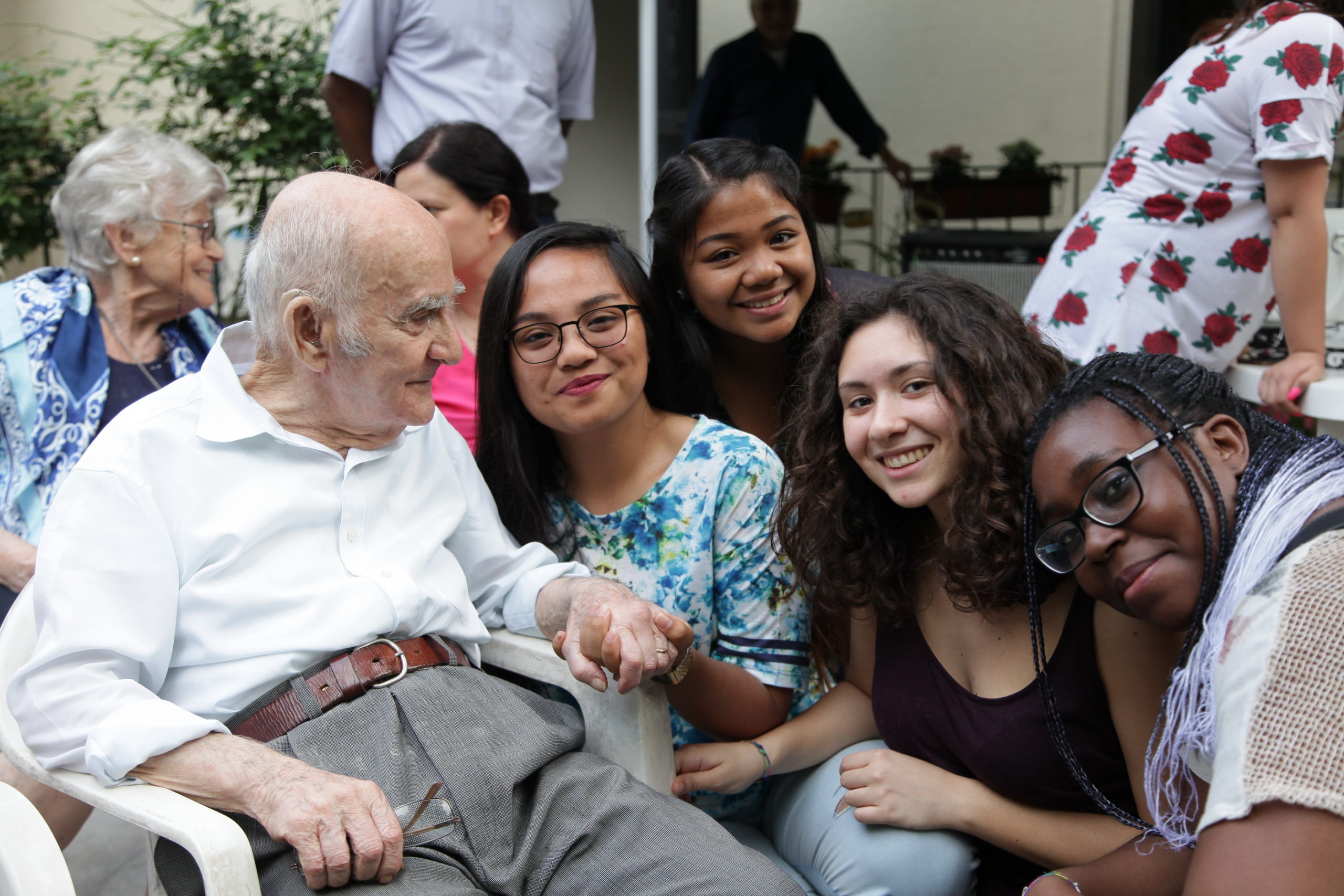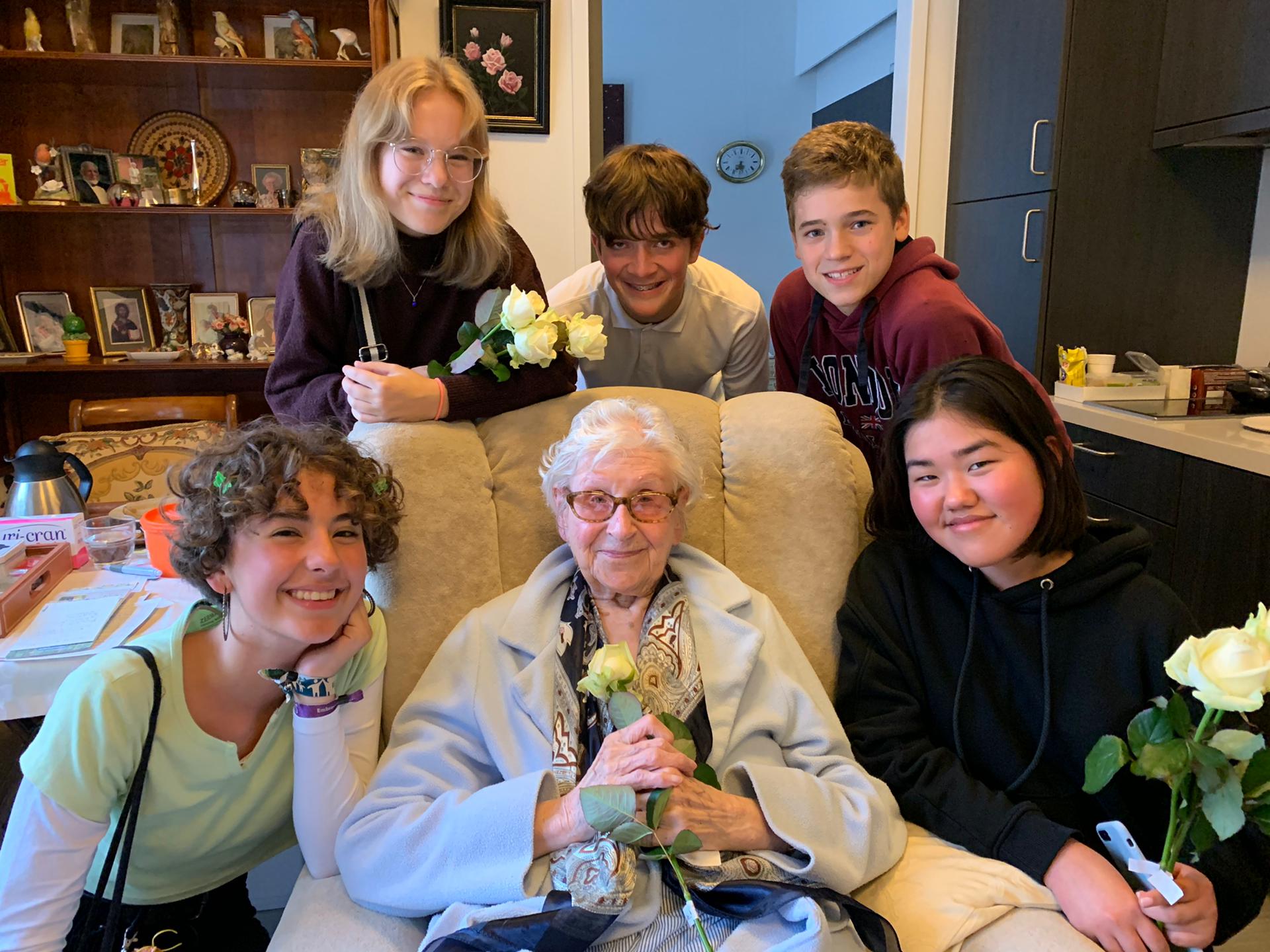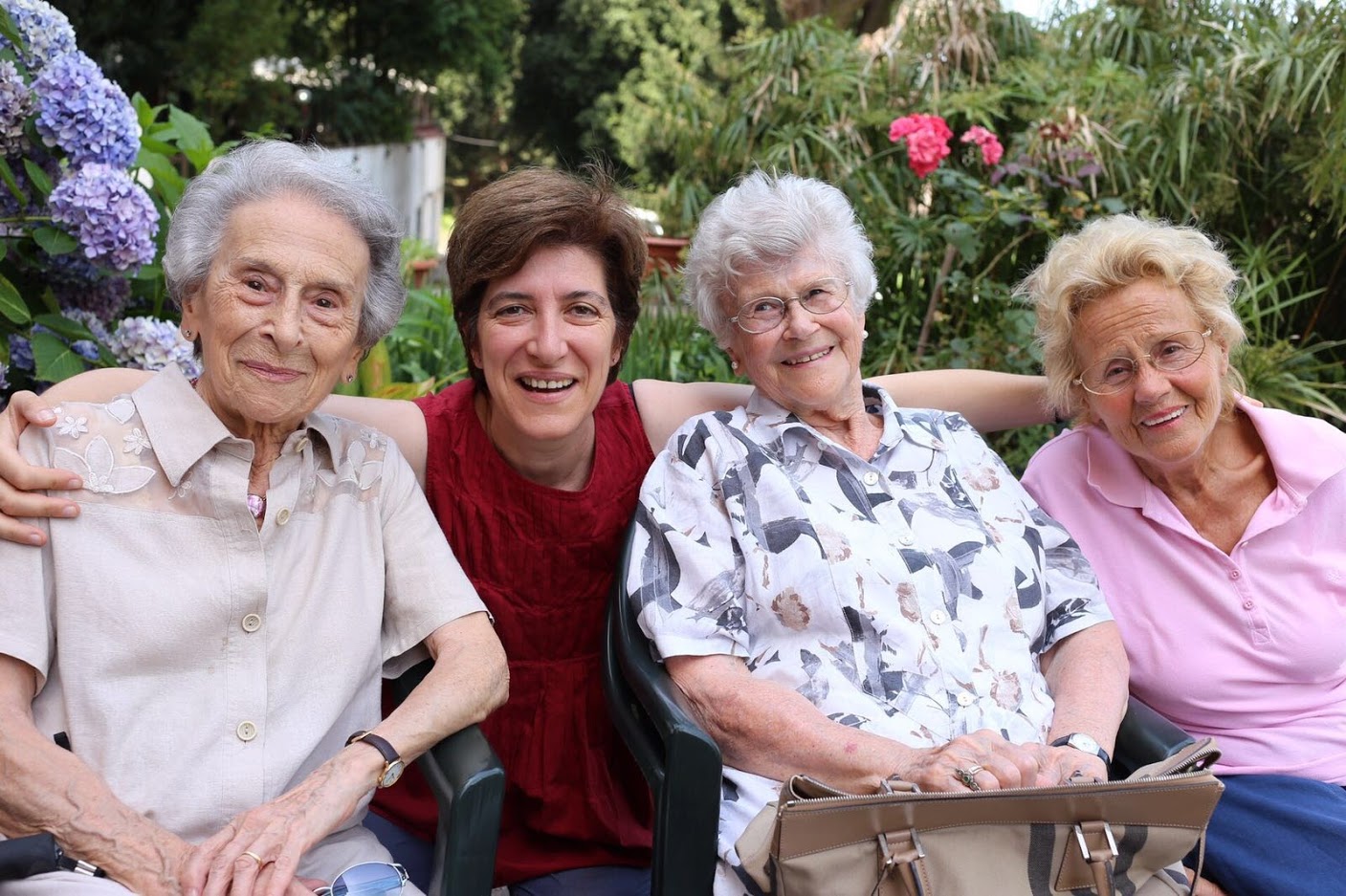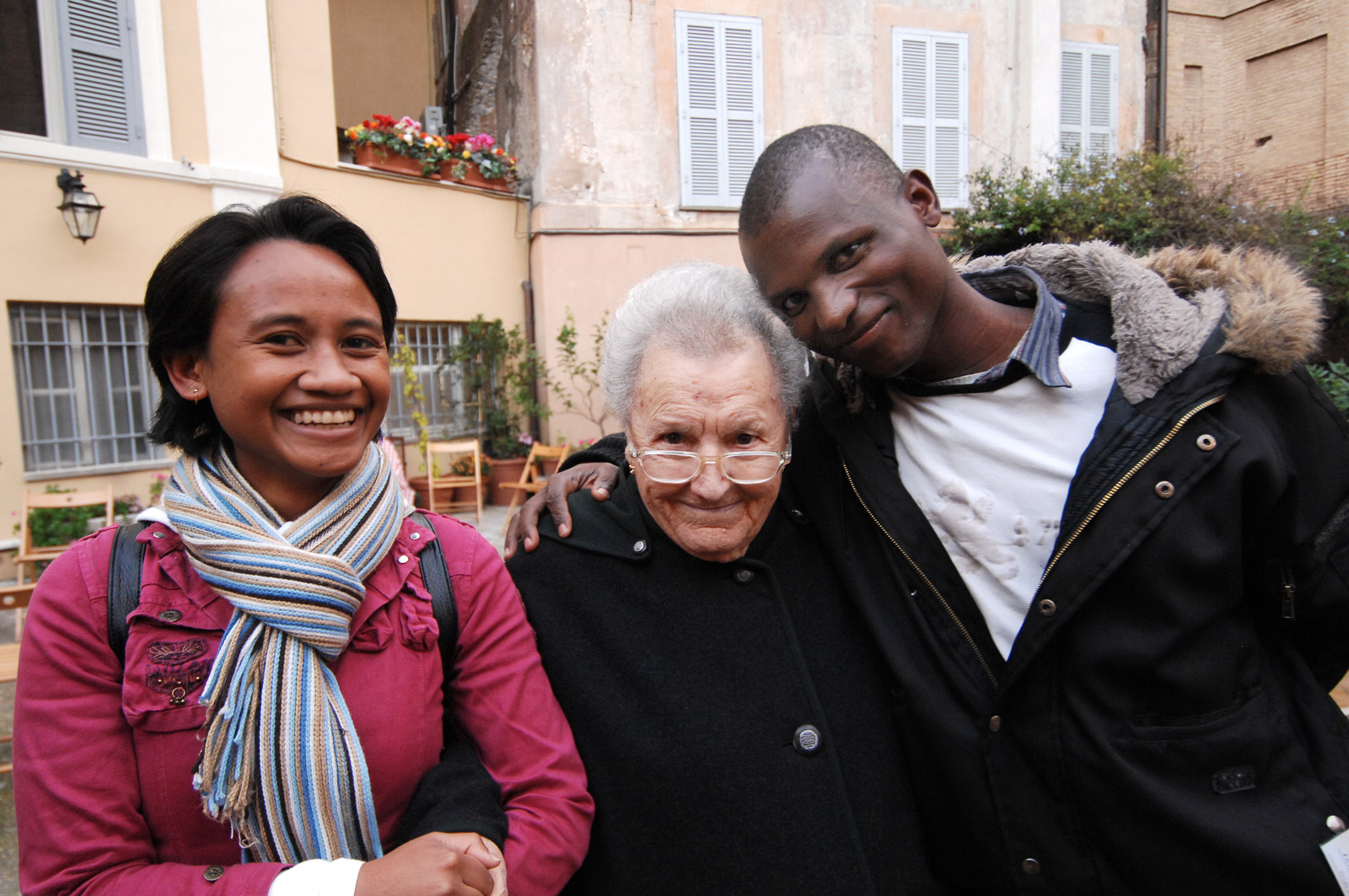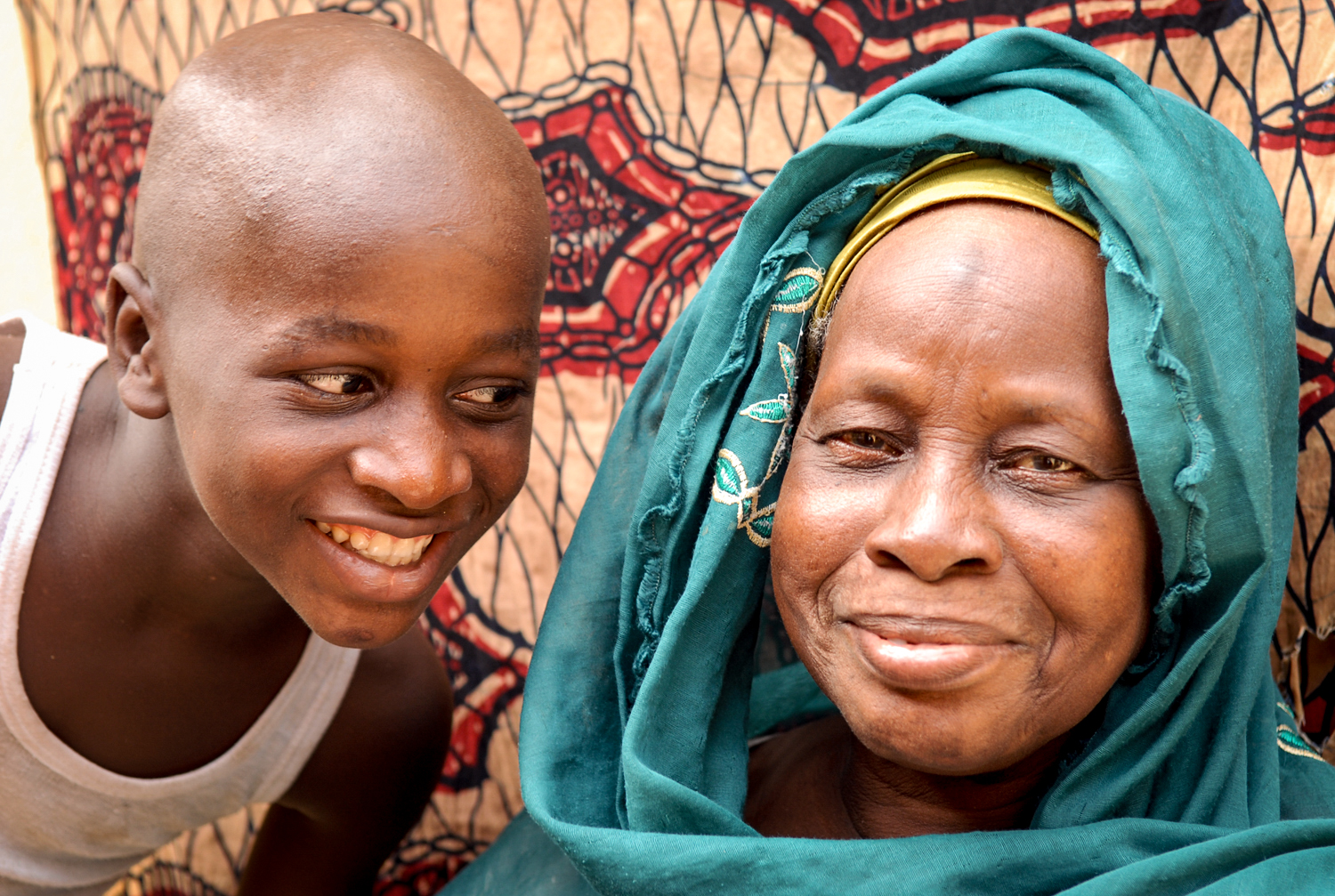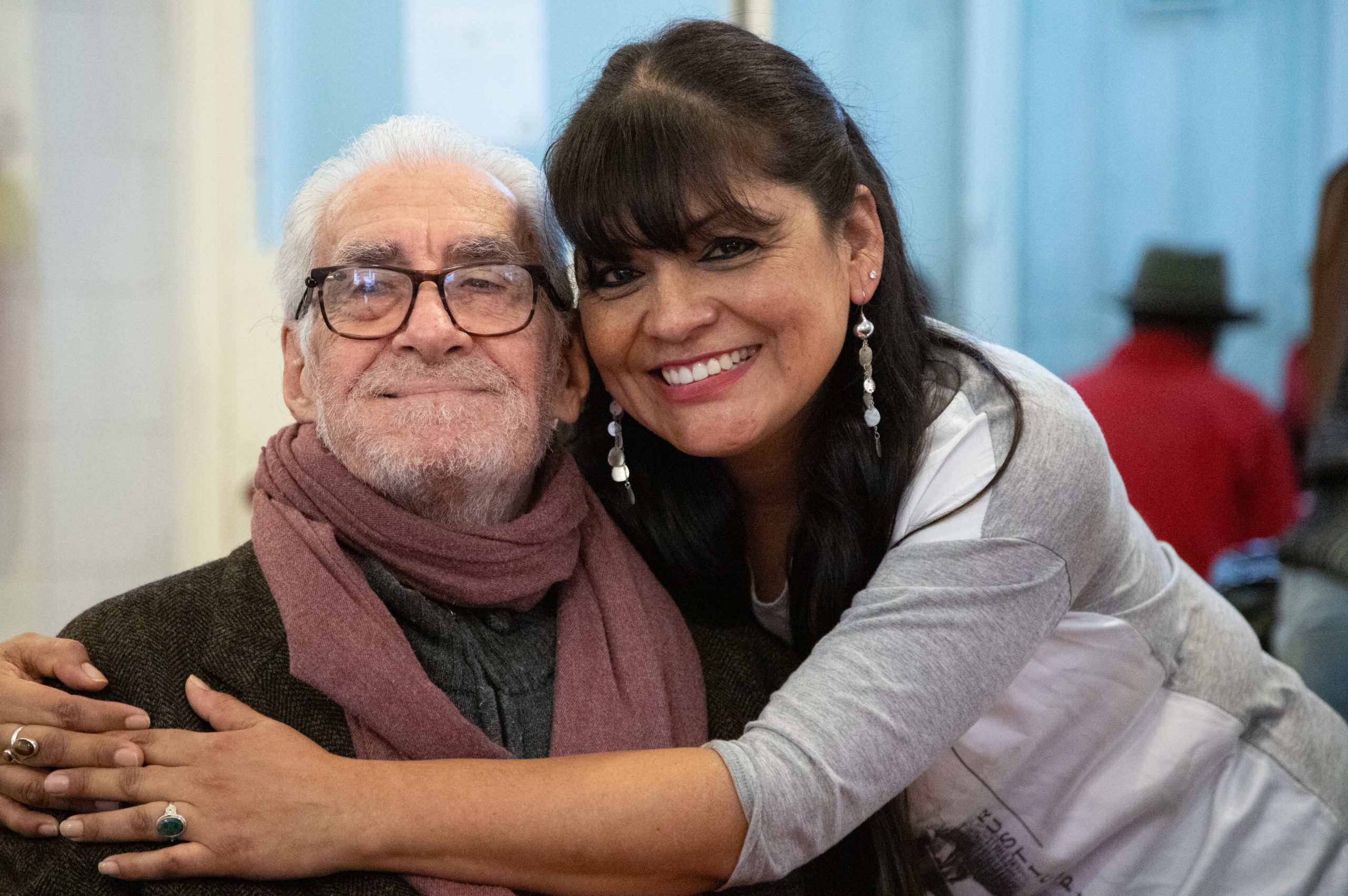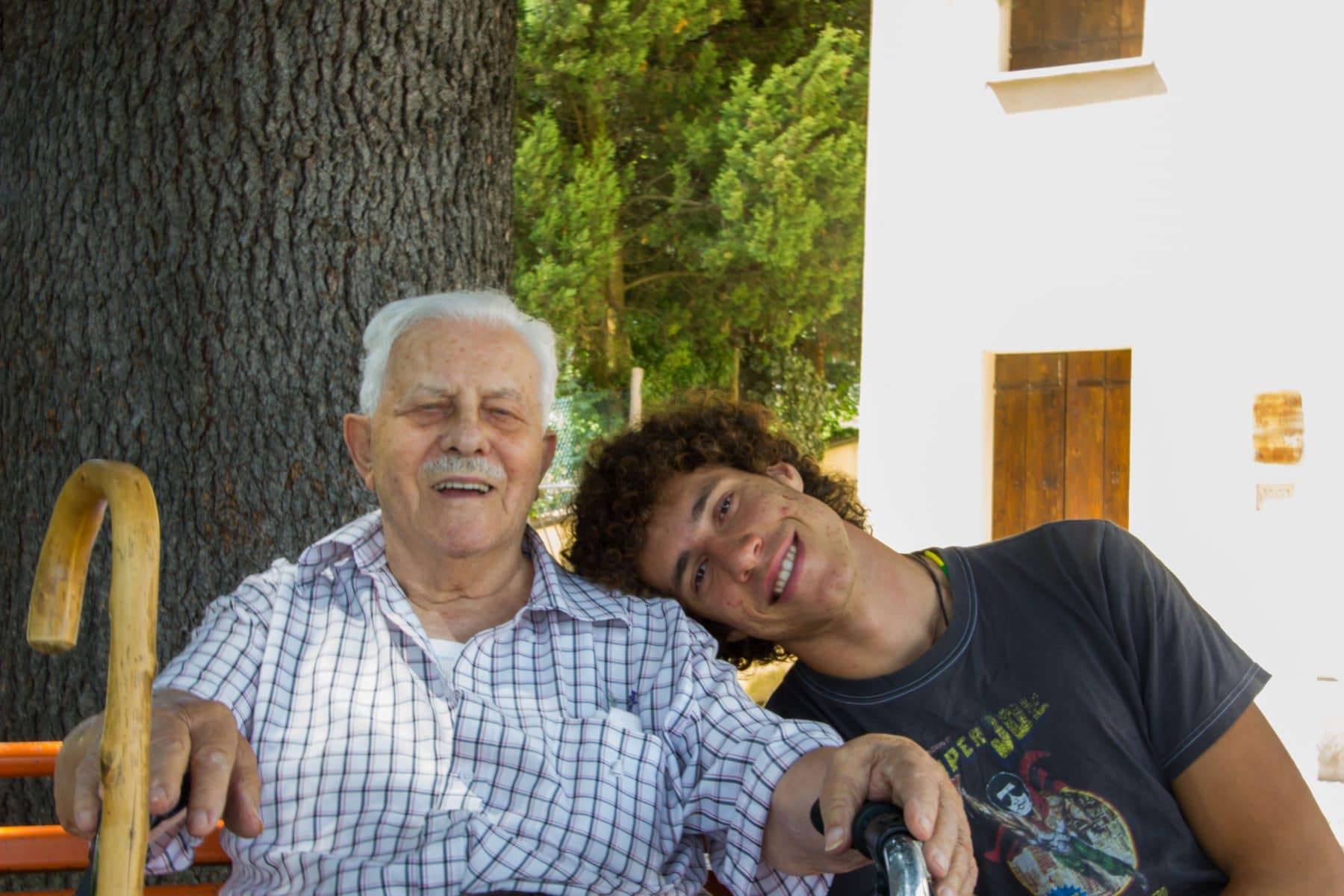What is it?
What is this initiative about?
The initiative was born from a long history of closeness with the elderly and from the conviction that friendship between a younger generation and an older generation is possible, even though we have different tastes, cultures and way of expressing ourselves. Both can offer each other the most precious possession: friendship. As friends, we can help, listen to and support each other.
Helping the elderly at home: fighting social isolation
This is one of the main goals of Long Live the Elderly. It is becoming more common for senior family members to be institutionalized. In response to this, Long Live the Elderly works to support the families of the elderly people and create assistance network for them so that there is closeness, connection, and happiness for all family members.
Visiting the elderly in nursing homes: humanizing life in an assisted-care institution
Living in a nursing home often brings feelings of isolation and dereliction. The Community of Sant’Egidio works to counteract this social isolation. The Community has staff at many nursing homes in Italy, across Europe, and on other continents. In these nursing homes, members of the Community keep the elderly company, attend to their needs, and offer them pastoral care. This friendship and closeness helps the elderly maintain their social life, keep their relationships outside of their nursing home, and preserve the integrity of their own personalities.
Opportunities for Shared Housing by the Community of Sant’Egidio
There are those in the already population that are not able to live independently in their own homes, whether that be because they are no longer self-sufficient, or because they lack the financial means, or because of some other circumstance.
The Community of Sant’Egidio has developed several projects for co-housing for these elderly people. These co-housing options include: shared apartment, shared family houses, and sheltered housing.
All this is made possible through donations and funding from neighbors, relatives, and local community members. Caring for the elderly is a way of treasuring local lay communities.
Active health monitoring for those over 80 years old
Long Live the Elderly started in Rome in 2004 as a response to the heartbreaking increase of elderly deaths because of a series of heatwaves. It is now quite clear that such a high mortality rate, far higher than normal, was due not only to the physical health concerns and vulnerabilities of the elderly people, but also was due to the high social isolation of elderly people.
In response, a great number of people (neighbors, shopkeepers, caretakers, doctors, pharmacists, voluntary workers, and other community members) starting to create networks to (informally) assist the elderly. In the years since, many elderly people have themselves become great activists of our program.










